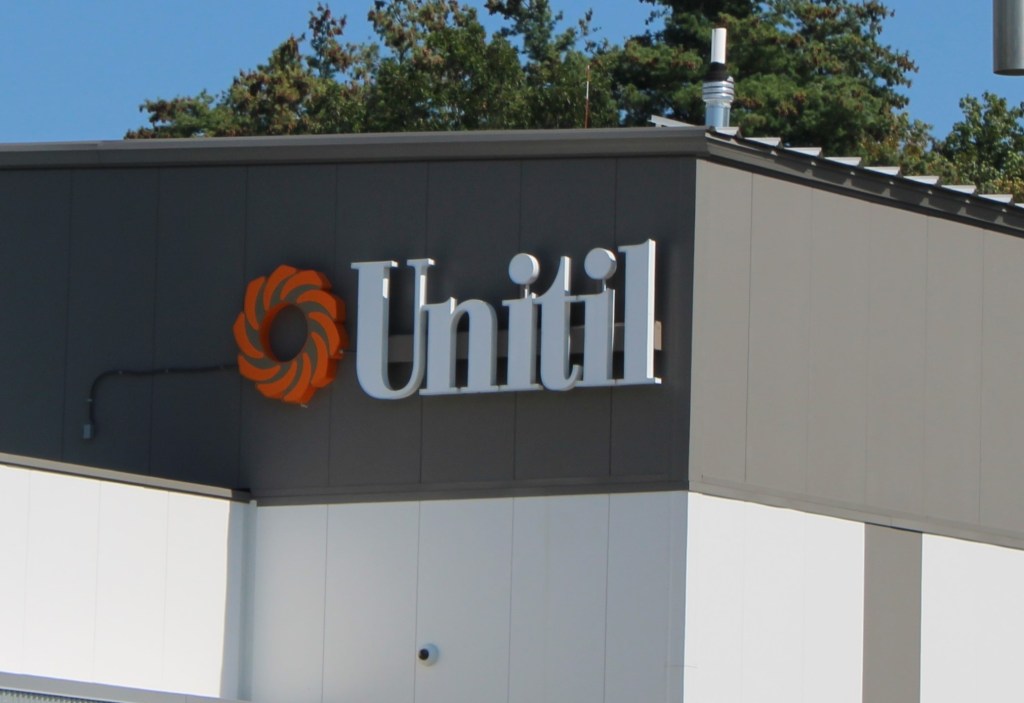It’s official: That price tag for importing hydropower from Canada just got substantially more expensive.
And guess who’s going to pay the price?
You, the Massachusetts energy consumer, of course.
The Department of Public Utilities on Monday approved a deal among the three major utility companies, regulators and the company behind the transmission project in Maine, which seeks to link hydropower produced in Quebec to the New England power grid.
Policymakers insist that by getting the project back on track, the settlement will save ratepayers money because the clean energy imported will be cheaper than some other sources of electricity.
Which exactly those other sources are was left to conjecture.
What’s not left to speculate? How much customers will be on the hook for this no-longer inexpensive clean energy.
The higher costs currently covered by utilities mean the consumer upside has changed considerably for the worse due to extended delays in the construction of a 145-mile transmission line running from the Canadian border to a Lewiston, Maine, substation, expected to deliver 1,200 megawatts of hydropower to the New England grid.
Developers said time lost increased the price of the project by $521 million, in 2017 dollars, due to higher costs for materials and labor.
Under this settlement approved by DPU, Eversource, National Grid and Unitil agreed to pay $13.61 per kilowatt-month in the contract’s first year, a 46% increase.
That rate will increase over the life of the contract, eventually reaching $19.82 per kilowatt-month in year 20.
But don’t be under any illusion about who will actually foot this bill.
Under a law Gov. Maura Healey signed in December 2023, utilities can pass the higher costs along to their ratepayers, a ploy pitched as necessary to get the project back on track.
DPU officials estimated Monday that electric consumers in Massachusetts can expect to save all of $18 to $20 per year on their bills over the course of the contract.
Eversource and National Grid residential customers should save about $1.52 per month, while Unitil residential customers should save about $1.63 per month, the department wrote in a press release.
The regulatory agency estimates the project will provide $3.38 billion in net benefits to customers, down from the $3.962 billion estimated before the delay and subsequent renegotiation.
To be charitable, the DPU’s savings forecast qualifies as “fuzzy math,” given that the price for this “cheap” energy source soars by 46% in the first contract year, followed by another 46% hike over the 19 subsequent term years.
Yes, consumers can join aggregate, community-sponsored groups for lower rates, but all that energy must flow through utility-owned transmission lines.
In short, consumers, when it comes to controlling how much we pay for heat and electricity, we’re virtually powerless.
Public-safety grants target Twin Cities’ at-risk youngsters
A $50,000 grant from the Executive Office of Public Safety and Security will allow the Worcester County District Attorney’s office to expand its youth diversion program into Fitchburg, according to Worcester County DA Joseph Early, Jr.
The Early Diversion Worcester (EDW) program, in collaboration with Choices, Inc., helps preempt vulnerable adolescents ages 12 to 18 from entering the criminal justice system due to the impact of school suspensions.
The current Early Diversion Program has successfully enrolled and screened 60 youth since its full implementation in February 2024.
Research by Citizens For Juvenile Justice (CFJJ) has shown that school suspensions or expulsions double the likelihood of those affected students committing a criminal offense.
In response to this issue, the Healey-Driscoll administration allocated nearly $200,000 through the Title II Formula Grant Program to support nonprofit organizations, local police, and state agencies working to prevent at-risk youth from entering the juvenile justice system. The funding promotes improved outcomes for adolescents through community-based organizations that offer essential services and support.
The program offers a pre-arrest diversion model that provides comprehensive, trauma-informed, recovery-oriented, and equity-based behavioral health services to youth and their families. These services will be provided at the Choices program center in Worcester.
Voluntary participants in the program will undergo a comprehensive intake and assessment, which will guide the development of an individual care plan. This plan will consider the child’s current risk status, history, available resources, and the needs of both the child and their family. Participants will also have access to daily programming and free transportation to the Choices center.
It’s anticipated the program will assist 20 to 25 youth through the duration of the grant.
This outreach by the Worcester DA’s office adds to the efforts already under way in the Twin Cities to dissuade teens from participating in gang-related activity.
Fitchburg and Leominster police departments already participate in the Charles E. Shannon Community Safety Initiative.
Funded by the state Office of Grants and Research, it’s modeled after the Office of Juvenile Justice and Delinquency Prevention’s comprehensive gang model.
Designed for at-risk youth and young adults ages 10-24, Shannon represents a multi-sector approach to address a community’s gang and youth violence problems.
The allocation of these resources can determine whether a youngster pursues a criminal or law-abiding path.
In short, it’s money well spent.
